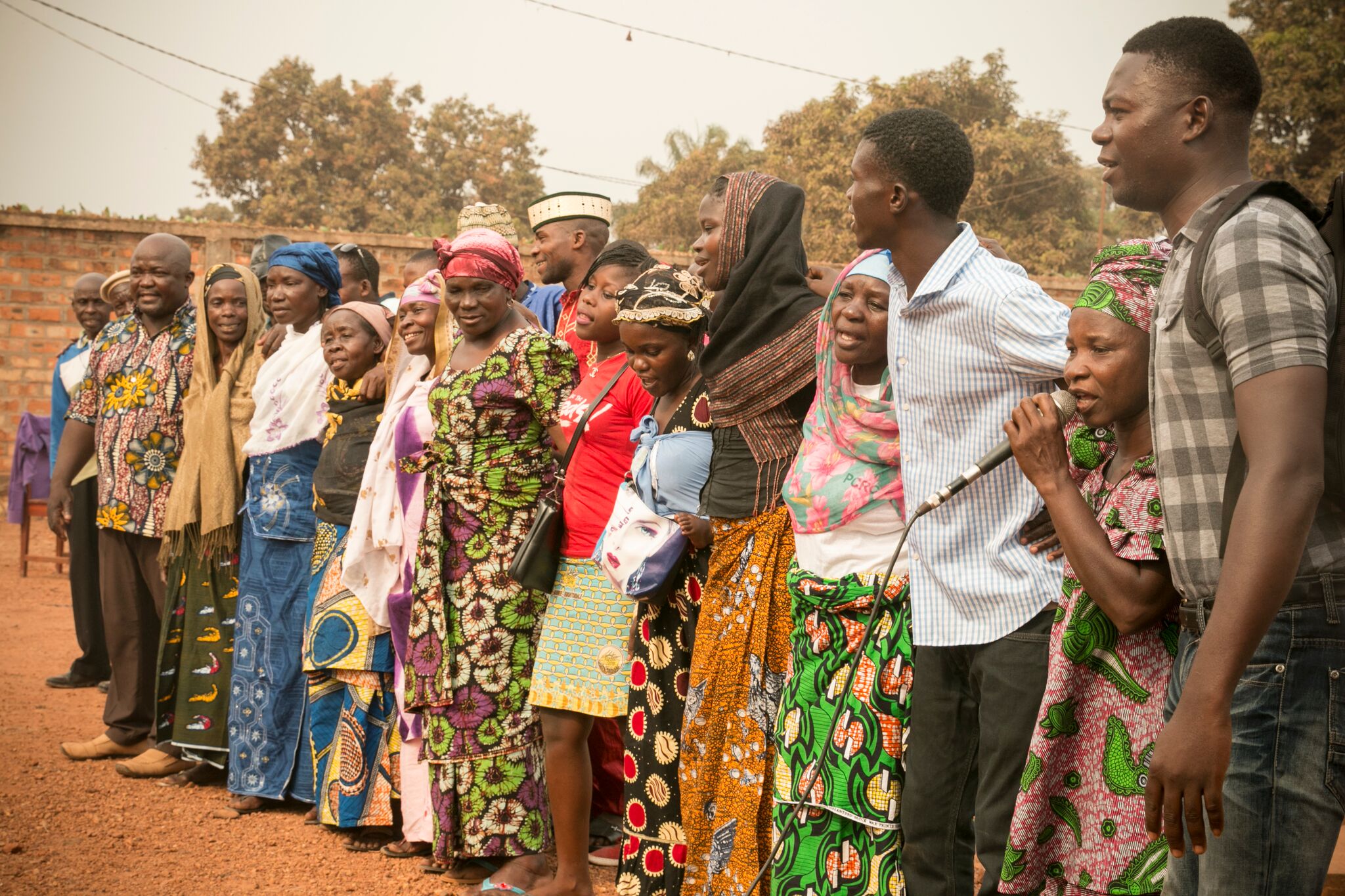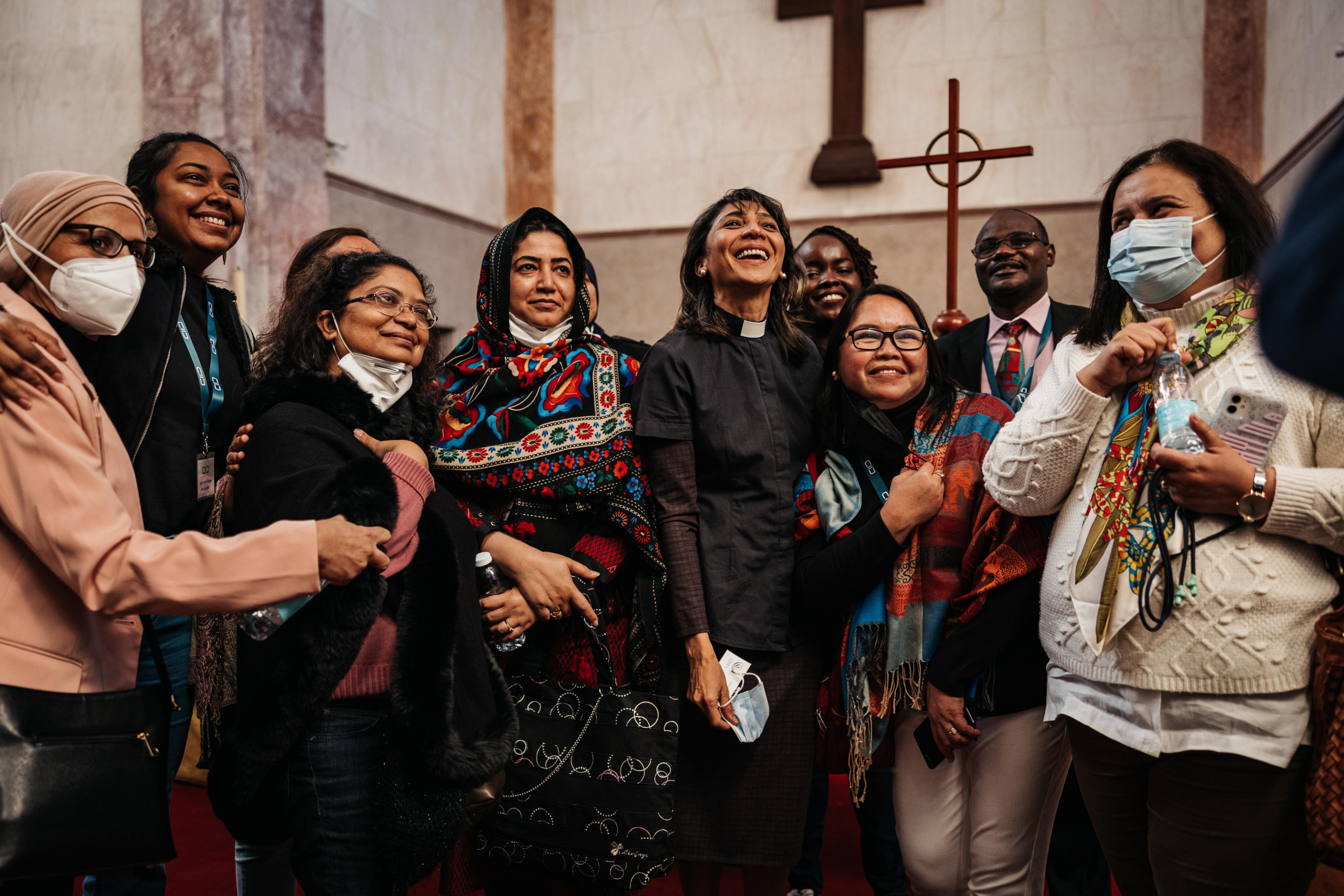Dialogue Voices
The Dialogue Voices are personal accounts of interreligious commitment and experience. They show approaches to, and forms of, interreligious dialogue, and its impact and context on a local, national, or global level. They represent a cross-section of dialogue experiences and its impact worldwide.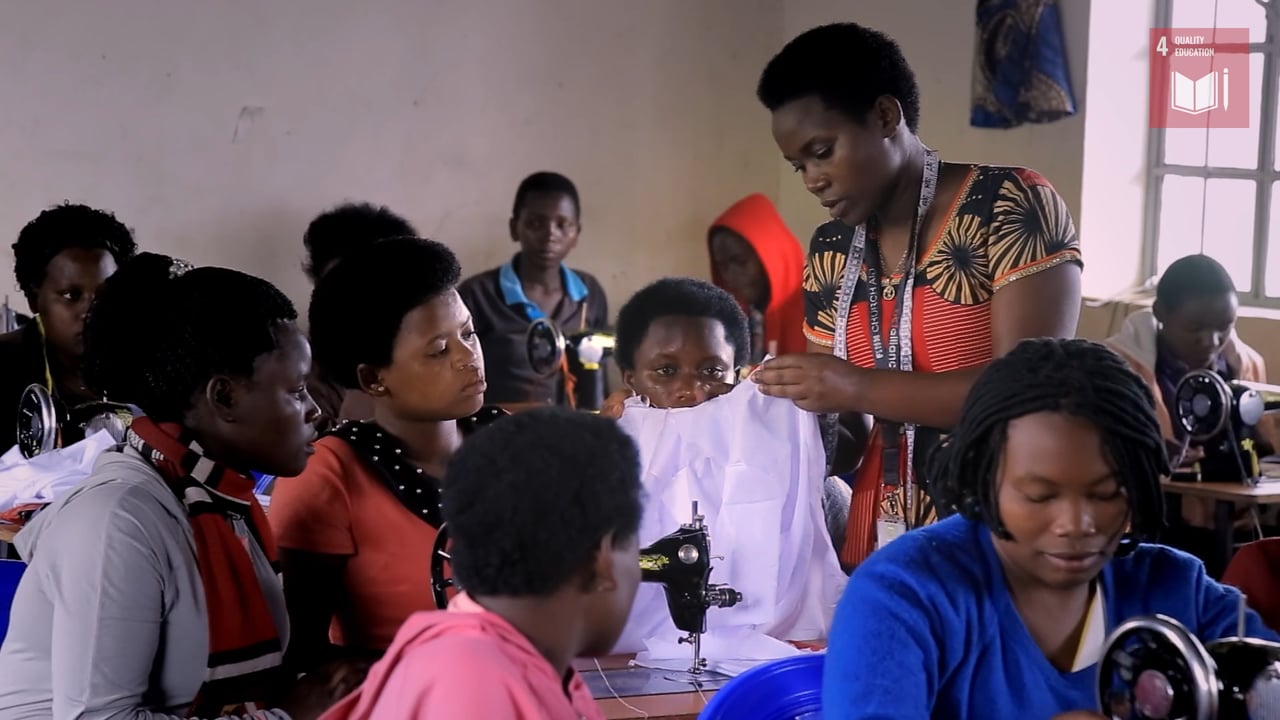
Uganda: Linking Learning to Earning
Quality education promises today’s youth a better tomorrow. It prepares them with the necessary skills to create positive change that will advance sustainable development for years to come. Yet for more than a billion people, this fundamental human right remains out of reach.
Even before the COVID-19 pandemic wreaked havoc on global education and exacerbated inequalities between rich and poor countries and households, more than 750 million adults remained illiterate and more than 250 million children were out of school. More than half of those in school were not meeting minimum proficiency standards in reading and maths.
COVID safety concerns have forced schools to close for 90 per cent of the world’s students. At least 500 million educationally displaced youth still lack remote learning capabilities due to the digital divide and other structural disadvantages. The UN estimates that more than 200 million children will still be out of school by 2030.
This mass exclusion has a profound negative impact on learning outcomes and the social and behavioural development of children and young people, especially those living in remote areas, extreme poverty, fragile states, refugee camps, and other vulnerable communities. The adverse effects of inadequate education last a lifetime and often spill over into future generations, severely limiting human potential.
Goal 4 aims to ensure inclusive and equitable quality education and promote lifelong learning opportunities for all. To succeed, UN bodies and partners are working with local communities to ensure that all children have access to early childhood development, care, and pre-primary education and that they go on to complete free primary and secondary school. Thereafter all learners should have equal access to affordable and quality technical, vocational, and tertiary educational opportunities where they can develop relevant skills for decent employment. Along the way they should acquire the knowledge and skills needed to promote sustainable development. Achieving these targets will require better schools with better facilities, more scholarships, and more qualified teachers. This should result in improved literacy, numeracy, and parity among learners.
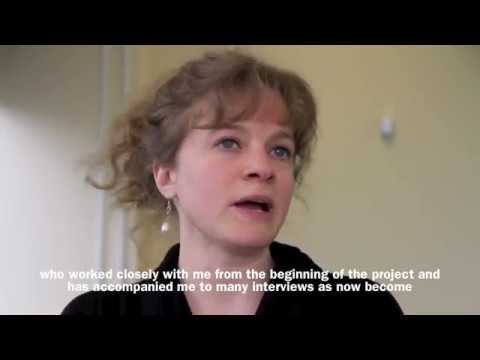
Deconstructing prejudices in Canada
Andreanne Pâquet explains how “Ce qui nous voile” was started to help deconstruct prejudices and the impact of this initiative.
“Ce qui nous voile” is an initiative based in Quebec, Canada that was started by Andreanne Pâquet. After her experience of working in secondary schools in Quebec, she noticed many prejudices towards Muslims but specifically Muslim women who wear the veil. “Ce qui nous voile” set up an exhibition to show portraits of veiled women and to explain their motivations for wearing the veil. This provided an opportunity to bring different communities together to meet and speak to one another.
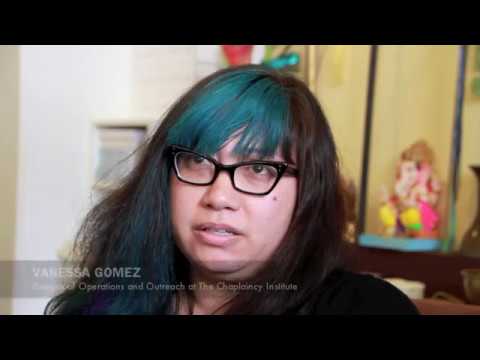
Creating educational opportunities for youths in California
Vanessa Gomez explains the origins, purpose and goals of the Chaplaincy Institute. She also talks about the importance creating educational opportunities for youths.
The Chaplaincy Institute was founded by clergy who realized that there was a greater need for interfaith engagement between different religious traditions. Therefore the Institute began not only to educate its students in their own faith traditions but also to focus on other faiths as well. Graduates from this institute go on to different professions where they are able to apply their interfaith education in a practical manner.
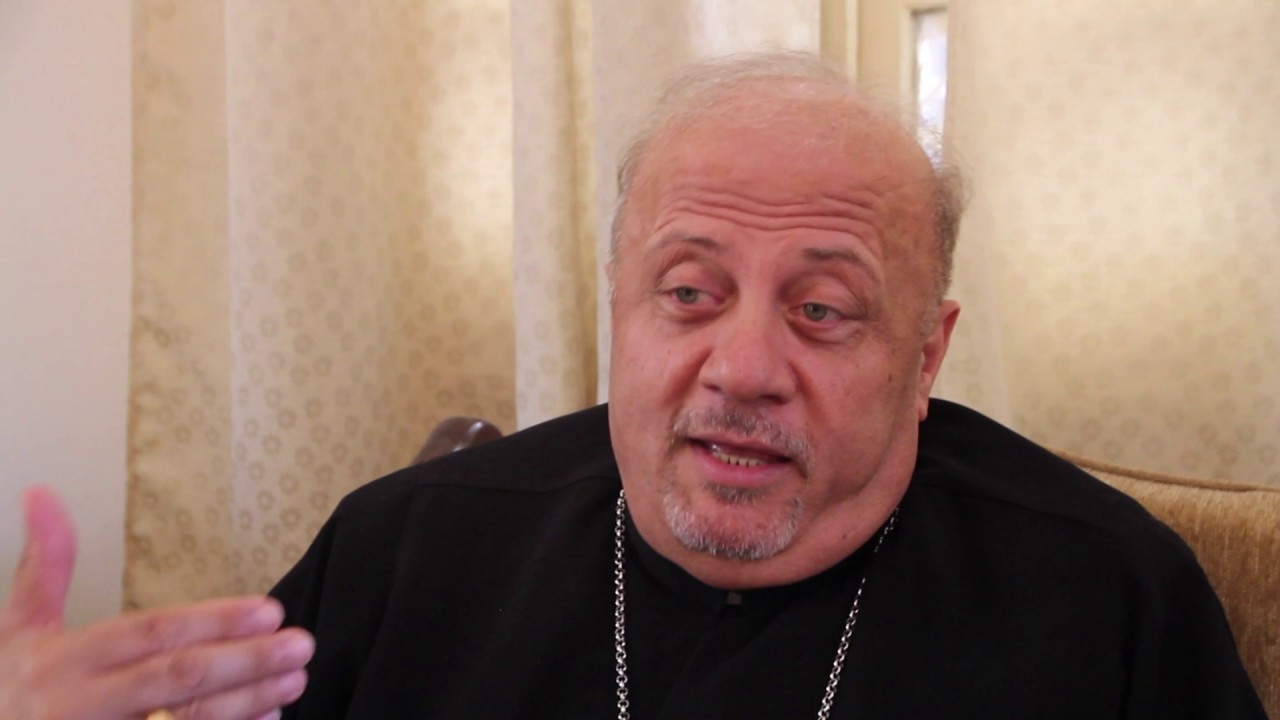
A bite of coexistence in Jordan
Nabil Haddad explains his understanding of coexistence and shares a story about an encounter he had with a Muslim Jordanian.
The Jordanian Interfaith Coexistence Research Center promotes interfaith dialogue and peaceful coexistence between Muslims and Christians. Nabil Haddad recounts his experience with a Muslim man who came to consult with him about inviting his Christian friends over for lunch during lent. The man wanted to return the kindness his Christian friends had shown to him during Ramadan when they invited him to their homes for the Iftar dinner. This activity of eating together ended up transforming into a big event called ‘a bite of coexistence’.
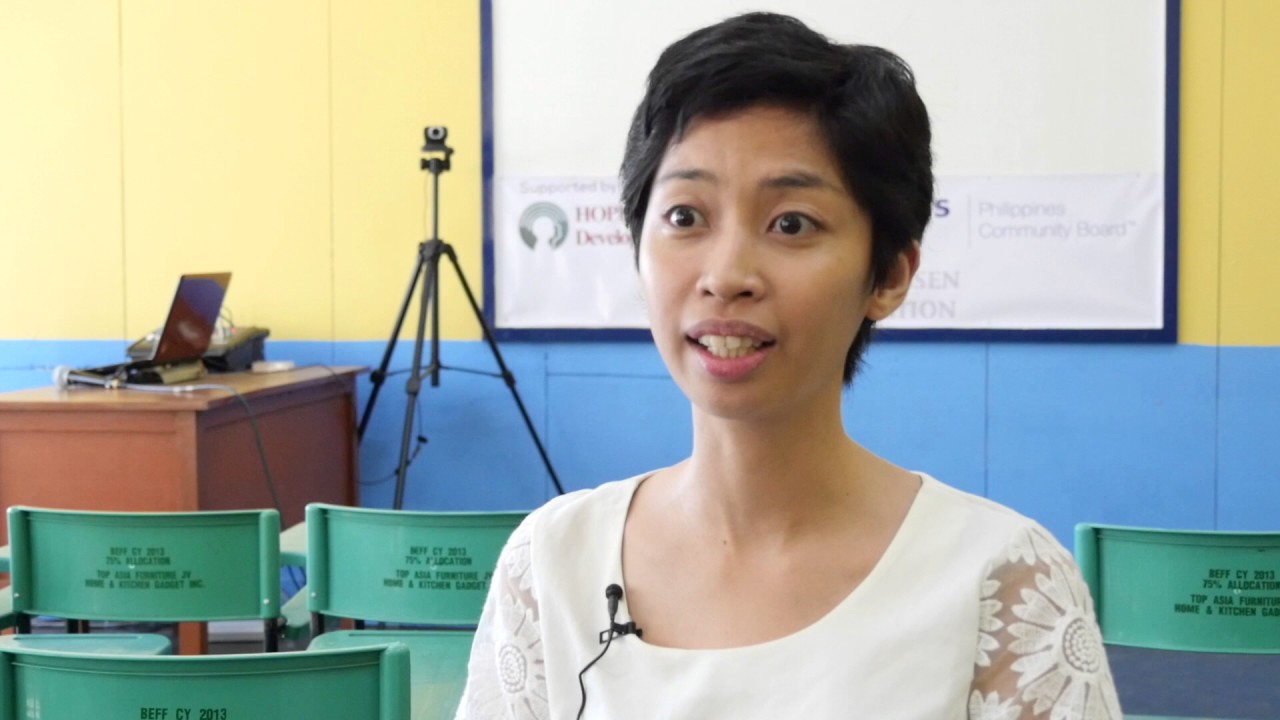
Using technology for peace initiatives in the Philippines
Dana Raissa de Guzman talks about the Global Classroom Program at Peace Tech along with its aims and challenges.
Dana Raissa de Guzman speaks about the Global Classroom Program which connects students in Manila with students in Mindanao, Philippines via skype conferences. Peace Tech relies heavily on technology therefore there are occasions when classes have to be conducted offline due to power or internet connection problems. Most of the students in Manila are Christians, while the majority of students in Cotabato are Muslims. Initially the students were shy to interact with one another but overtime they formed strong bonds with each other.
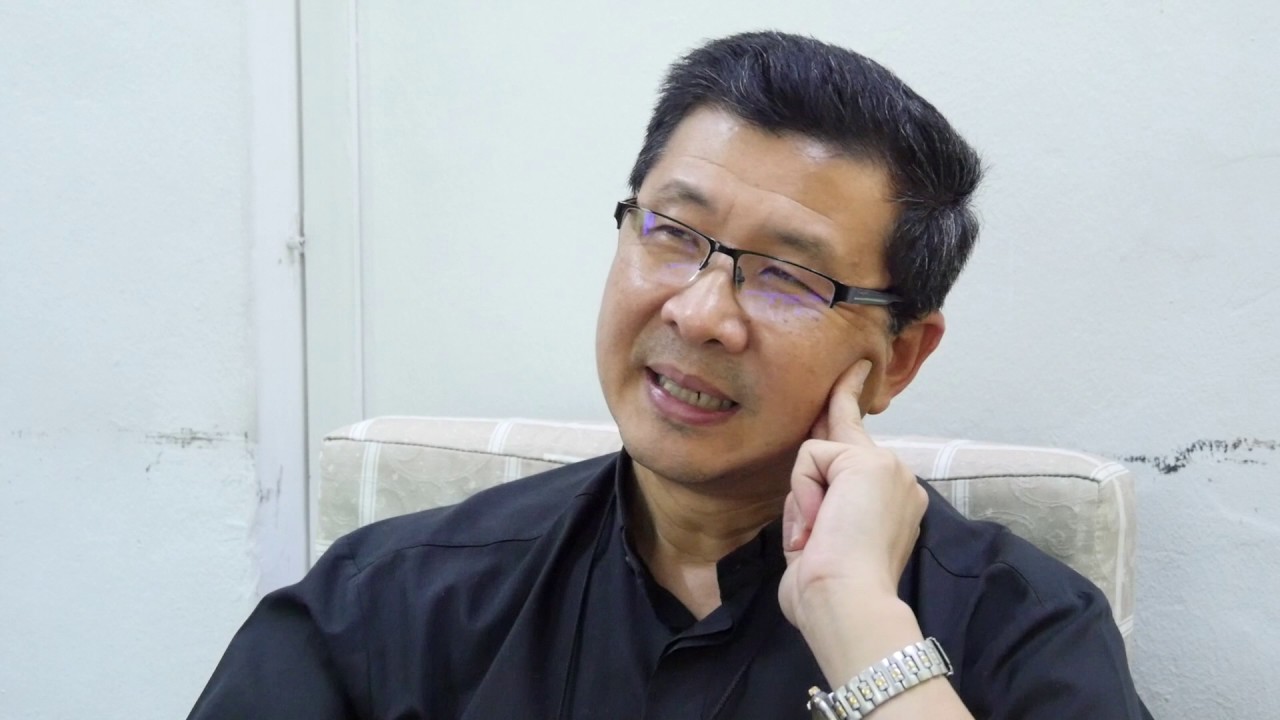
Nation building and mutual respect in Malaysia
Julian Leow Beng Kim speaks about the need for interfaith dialogue in Malaysia and embracing that which people of different faiths hold in common rather than their differences.
Julian Leow Beng Kim recounts a discussion he had with a Mufti about the changes that have taken place in Malaysia in terms of people’s attitudes towards other faiths over the past thirty to forty years. Julian Leow Beng Kim goes on to explain that he feels there is a place for interfaith to be part and parcel of nation building and that mutual respect is key for building on common values.
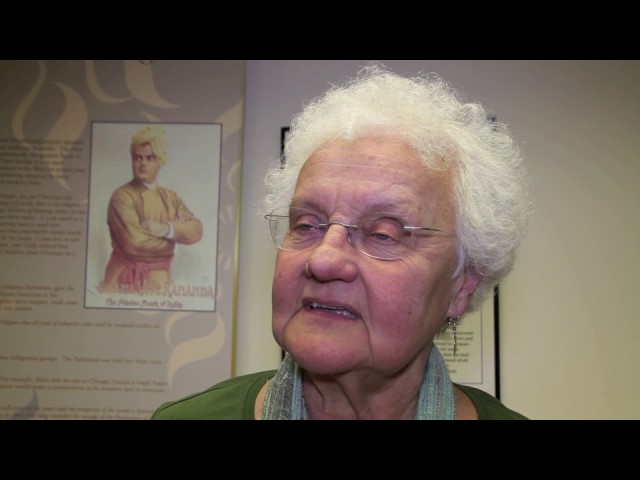
Towards a more peaceful community with the Parliament of World’s religions
Mary Nelson describes what she loves about the Parliament of the World’s Religions and the need for youths to be involved in interfaith activities.
The Parliament of the World’s Religions aims to bring harmony between the various religious groups, faiths, and spiritual traditions in a way that works towards a more just, sustainable, and more peaceful community. This organization’s niche lies in operating a parliament that is not just another meeting or conference but rather it is a way of coming together to find solutions to the pressing issues of our times and to experience each other’s faiths in a genuine way.
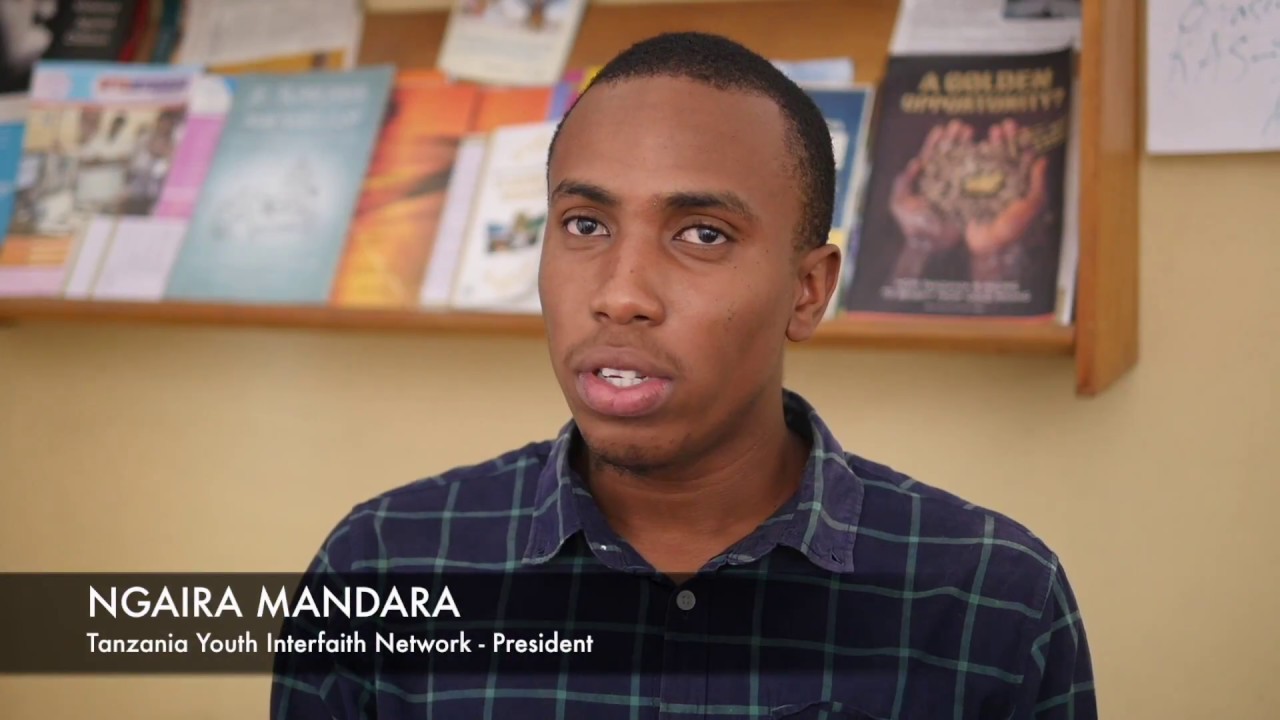
Youth involvement in interfaith activities in Tanzania
Ngaira Mandara explains why he got involved in the interfaith field and why it is important to involve the youth in interfaith dialogue. He also goes into detail about a successful activity he uses to promote peacebuilding amongst the youth.
Tanzania Youth Interfaith Network is a faith based organization focused on cooperating in peace building and national unity for the national development. Ngaira Mandara explains that he got involved in the interfaith field because he was interested in hearing the opinions of people from different religious backgrounds on peace issues. He feels that it is important to involve the youth in interfaith dialogue in order to educate young people and to overcome stereotypes about different religious groups and cultures. Youths in this network also discuss topics such as entrepreneurship in order to promote peace building and to involve themselves in their community. The youths also participate in a fun activity by making music that has a message of peace.
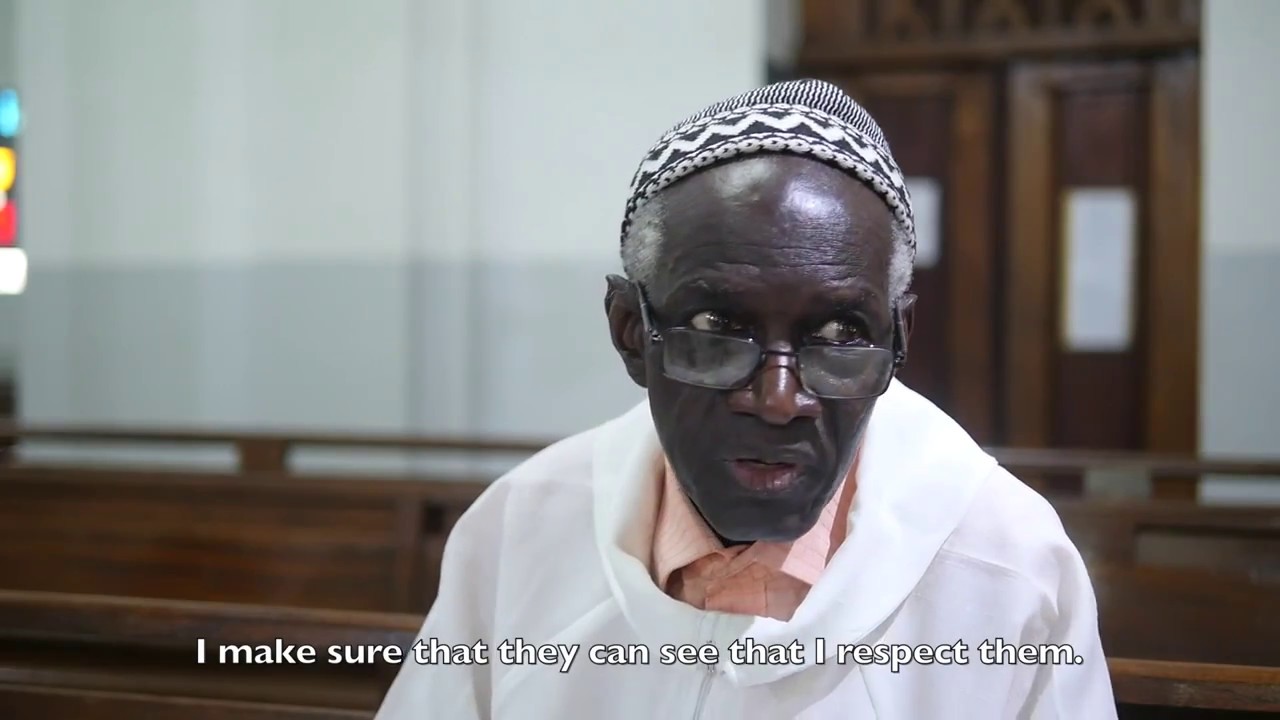
Different faith communities in Senegal
Jacques Seck speaks about his background and his interactions with Animists, Christians and Muslims in Senegal.
Jacques Seck became a Christian after fifteen years of being an animist. He speaks about his respect for Islam, and the respect he receives from the Islamic community of Senegal for his knowledge of Islam and its holy book. Jacques Seck also speaks about encountering pious individuals full of humanity and respect in Senegal from the different faith communities. He points out that Senegal is fortunate because people refuse to be divided over faith.
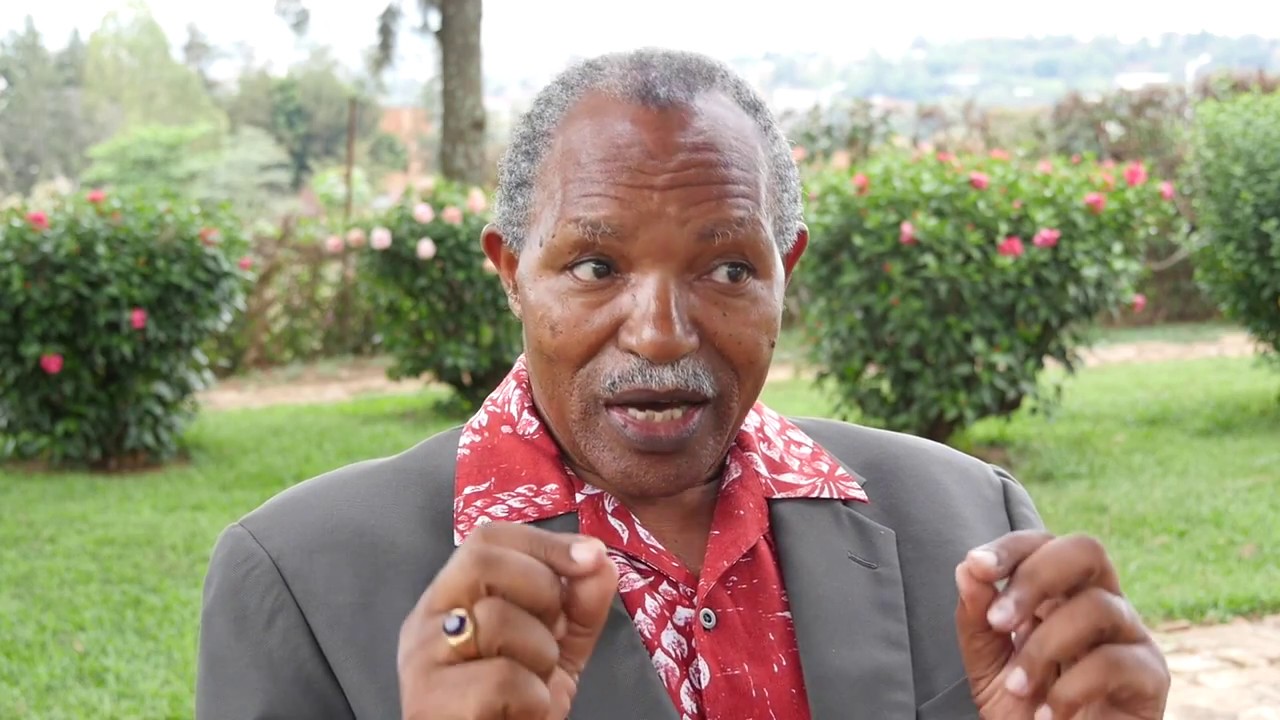
Interfaith Commission of Rwanda
Emmanuel Kolini recounts how interfaith dialogue in Rwanda developed. He also speaks about a reintegration program that was significant to his work in interfaith dialogue.
The Interfaith Commission of Rwanda promotes unity and reconciliation amongst the different communities of Rwanda. One of the activities which is carried out by the Interfaith Commission of Rwanda is a reintegration program for ex-prisoners who meet the survivors of the Rwandan genocide. This activity is facilitated through faith and joint prayer involving Muslims and Christians.

